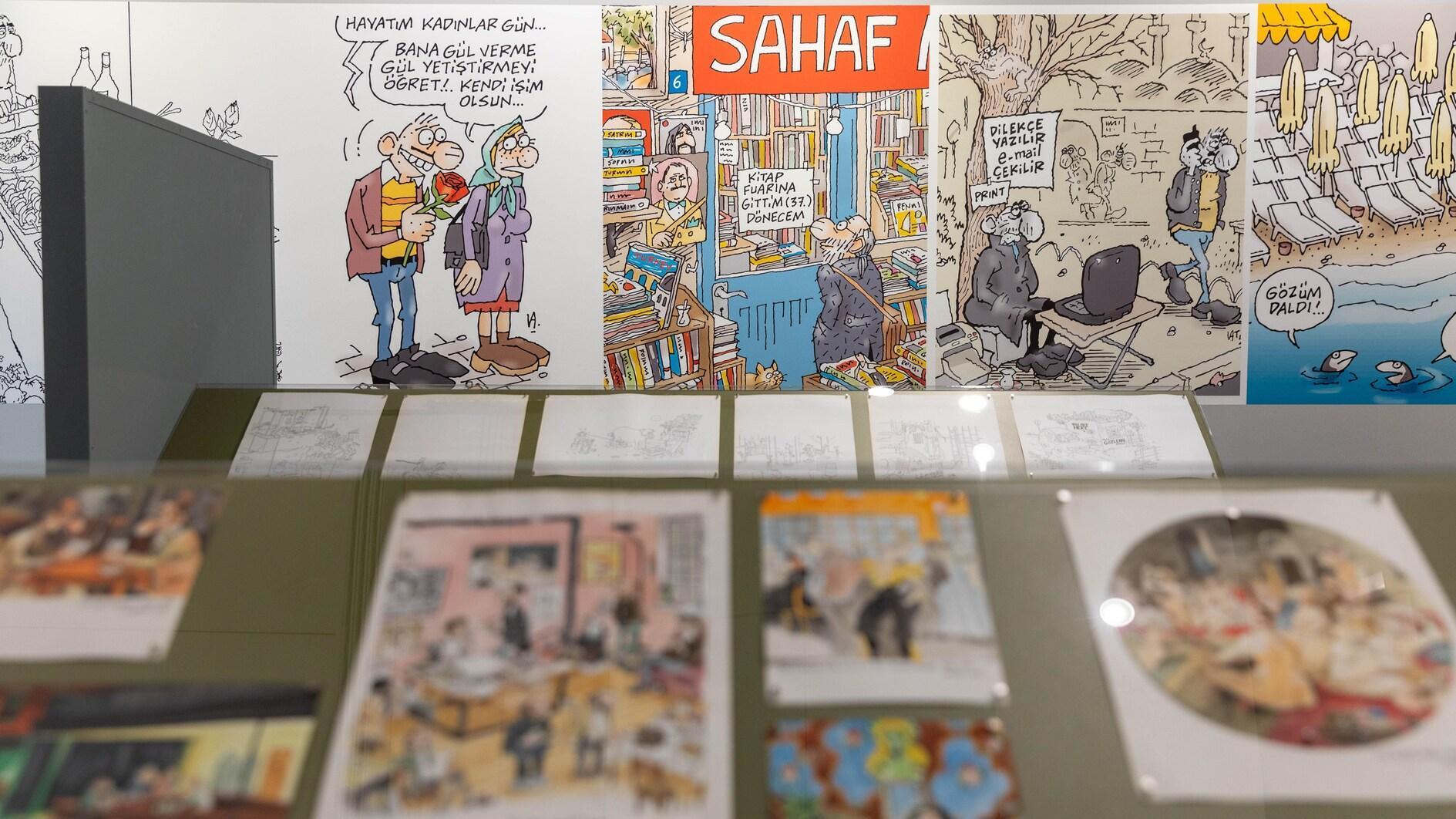The lost generation
When the time comes and historians decide to write about these days of Turkey, they will end up writing the personal stories of a generation that was born in the early 1990s. You may call them Generation Y, Z etc. They are the “lost souls” of this land, and forever they will be.
As the female outlawed Kurdistan Workers’ Party (PKK) suicide bomber in Bursa last week, Eser Çali was the latest casualty of the PKK. She was born in a remote town in Iğdır, near the Armenian border in Turkey’s east. Coming from the very modest conditions of a farmer’s family, her only way to survive was to get a proper education. She had the chance to go to Ankara. And that meant everything. Her father, Salih Çali, told her story.
“She went to Ankara University in 2009 to DTCF [the school of language, history and geography]. Apparently she had joined the PKK when she was a junior. The police came to me and showed me her picture one day, so I went to Ankara to find her in vain. All my efforts to reach her failed. She called us once in 2012. She was a good girl; she would do no harm to people.”
Take one look at the statistics and you will read so many similar stories. These are the youth who were born in the early years of the brutal fight against the PKK. They only know PKK leader Abdullah Öcalan in jail and the Justice and Development Party (Ak Party) in power. Unfortunately, they grew up stuck between a rock and a hard place. In the end they gave themselves up.
One intelligence analyst who has worked on the PKK and leftist groups for many years told me the time span between being a sympathizer and a militant has shrunk dramatically. “Previously, you could feel close to a group cause, yet stay away from being an active militant for years.” He said, “Now, especially among the young ones who were born in the early 1990s, the period between being an activist to being a suicide bomber is less than a year. And that means the government can do very little to capture and save them.”
The sad truth is we all knew this would be coming. All the babies who were born during the village burning days of 1990 are now potential militants for the PKK. Unlike the newest generation, they cannot be bought with tablet computers in classrooms or flashy cell phones, social media, marriage shows or stupid sitcoms, etc. They are determined for their cause because the country has failed them.
Had Turkish politicians learned from their mistakes, we would not be here of course. Dr. Bilge Selçuk from Koç University’s psychology department made a presentation last week in Bahçeşehir University’s Trauma and Stress Conference and she told me this afterwards:
“Childhood traumas stay with the person for at least three decades. There is clinical research on Holocaust child survivors, even on 9/11 child survivors, but not a single one on kids in the southeast [of Turkey]. 40 years of clashes and not a single piece of data has been produced. Unfortunately the government is strictly discouraging all academics for doing that kind of research.” Dr. Selçuk said that unless we start looking into the traumas of youth and children, we may be in for a longer period of social trouble on all fronts.
Six years ago, when the Kurdish peace talks were just beginning, they were the “rock throwing kids” of southeastern Diyarbakır. Now they are blowing themselves up. To lose a generation means to lose a nation. Turkey cannot afford this.











